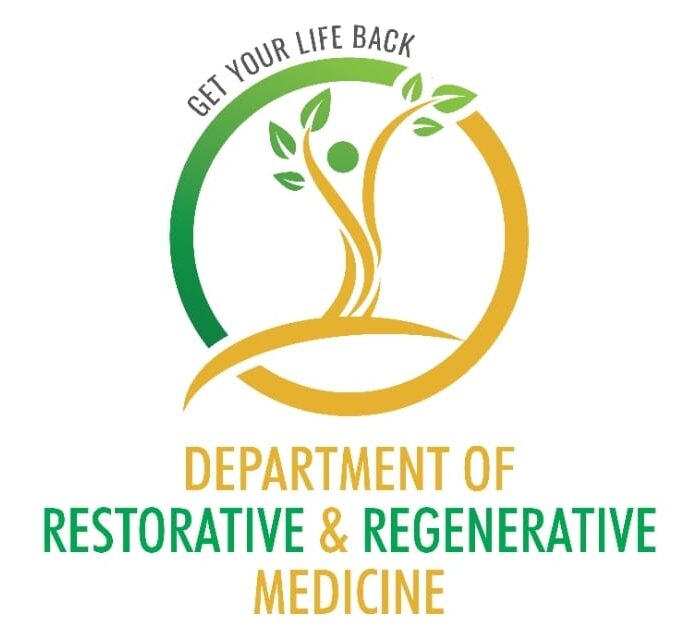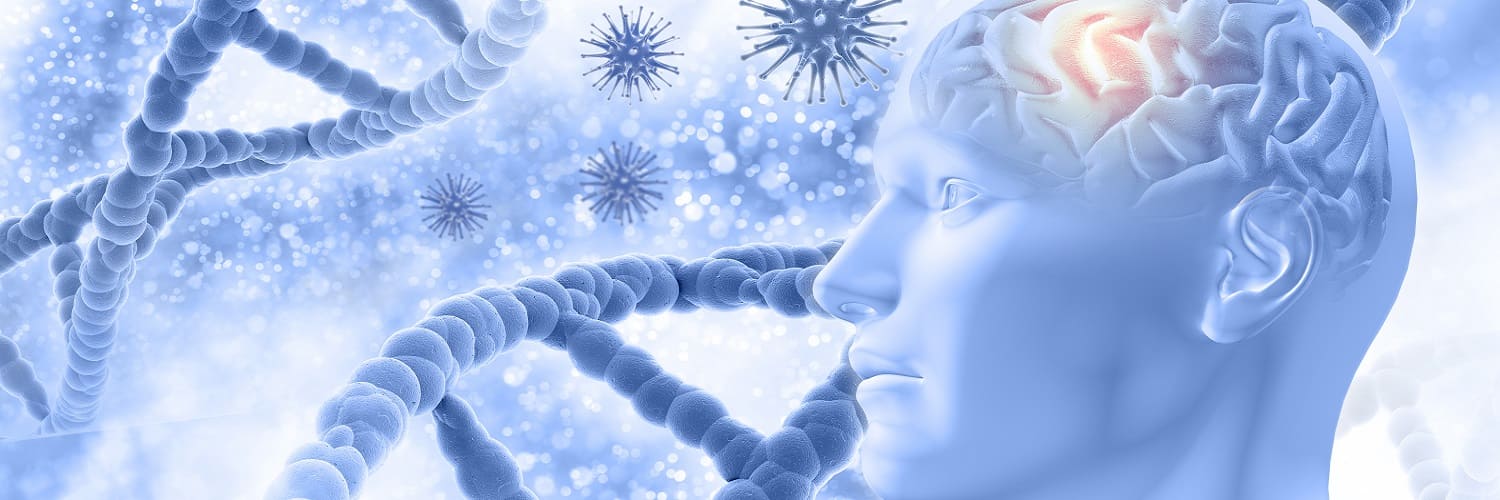At RNR Medicine, we blend expertise with compassion, offering comprehensive speech rehabilitation that empowers individuals to communicate effectively. If you or a loved one is on the path to recovery after a stroke, join us at RNR Medicine for transformative care.
Aphasia is a brain disorder where a person has trouble speaking or understanding other people speaking. It is a frequent consequence of stroke. Speech is an important social element and its deficit leads to significant disability that affects daily living and increases the burden on these patients and their families. In many areas of the world, dedicated research is ongoing that can help patients to reduce their suffering from disability. Transcranial magnetic stimulation is such a novel innovative method that has shown promising results in recent studies. It is a painless, noninvasive method that modulates cortical excitability.


